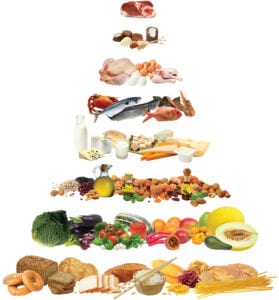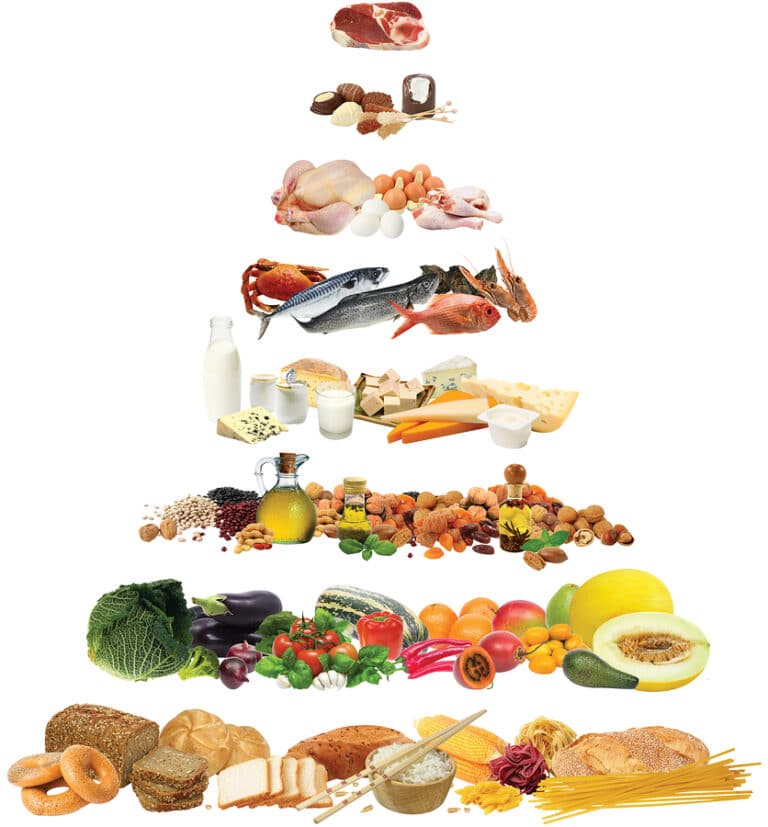The Mediterranean diet gets a lot of high praise. It’s been named “Best Overall Diet” for several years. Paella is one of the dishes you’ll see as a staple in many Mediterranean communities. As March 27th is National Spanish Paella Day, it’s a good time to see how this simple dish meets your parents’ nutritional needs.
What is paella? It’s a filling dish that’s common in Valencia, Spain. It contains grains, vegetables, and proteins in one. It’s easy to make. Saute the proteins, add the seasonings and grain, stir in the broth, and let it simmer. Here are the ways paella meets nutritional needs.
It Focuses on Healthier Mediterranean Ingredients

The ingredients in a typical paella include garlic, olive oil, rice, seafood or lean proteins, and vegetables. The dish especially focuses on vegetables that grow in Spain like tomatoes, bell peppers, artichokes, green beans, and legumes. Rosemary, paprika, and saffron are common spices.
There are different versions of paella, so you can customize what goes into the dish. If you want your parents to eat more seafood, make a seafood paella with shrimp, cod, and clams. Some chefs add chorizo sausage, but that’s up to you. Serve it with slices of lemons and fresh parsley.
The Grains, Vegetables, and Meats Are Filling
A little goes a long way. The rice in paella is filling, but there are so many vegetables and protein sources, that your parents get grains, vegetables, and proteins at the same time. They don’t need to eat a lot to feel full. They also get fiber, antioxidants, protein, and healthy fats in one dish.
Serve it with a salad. By doing so, you have a complete meal that offers plenty of leafy greens and antioxidants from the tomatoes, lemons, and bell peppers.
It’s Easy to Adapt With Higher-Quality Grains and Extra Vegetables
While many paella recipes call for short-grain white rice, there’s no rule that you can’t adjust that to grains that offer more fiber. Switch to barley, brown rice, or farro to improve the whole grain used in the dish.
You can also add different vegetables. If you know your parents will eat plenty of kale when it’s mixed into something, add baby kale in the last minutes of cooking. You could also add slices of eggplant, zucchini, onions, or spinach.
Help your parents stick to a healthier diet by arranging elderly care. Whether they need help when grocery shopping or want help cooking meals that meet their nutritional needs, elderly care will help. Caregivers can cook, clean, drive, and keep them company. Call an agency to discuss prices and how to schedule elderly care.
If you or an aging loved one needs Elderly Care in Carmichael, CA, remember Senior Home Care Services. Call us at (916) 514-7006 for more information.
- Helping Seniors Reduce Health Anxiety - April 18, 2025
- Why Should Seniors Consider Adding Soy to Their Diets? - April 7, 2025
- Four Ways to Celebrate Spring With Your Homebound Elderly Loved One - April 2, 2025


